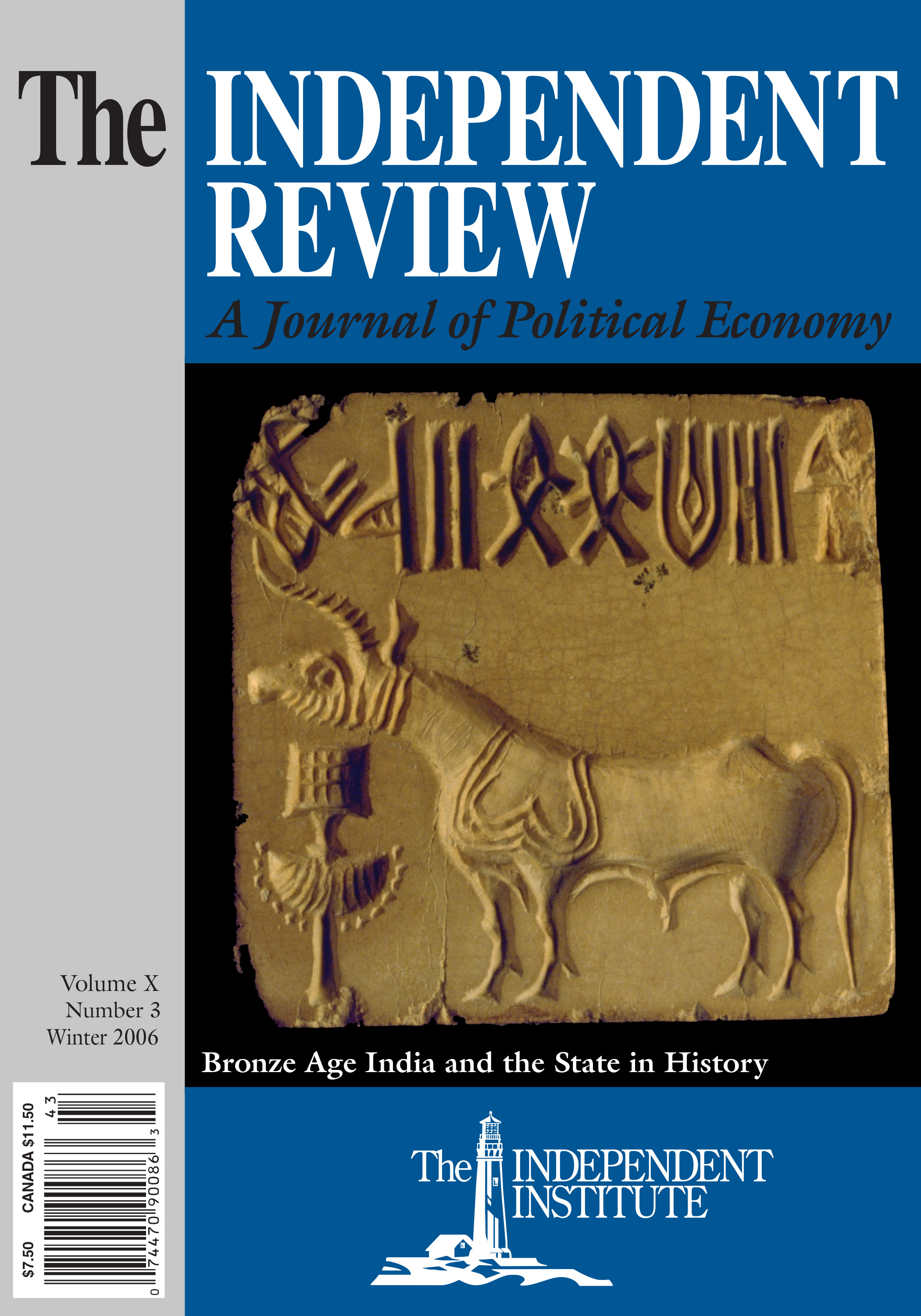The rebirth of state lotteries in the 1960s was promoted with claims that lotteries would balance budgets, improve public education, and reduce gambling. The universal result of state lotteries, however, has been not to end the allegedly precipitating “crises” but to create new government programs and increase the rate of spending, as the case of the Illinois state lottery illustrates.
Jonathan J. Bean is a Research Fellow at the Independent Institute and Professor of History at Southern Illinois University.
Donald W. Gribbin is Chair and Professor of Accountancy at Western Michigan University.
EconomyFiscal Policy/DebtGovernment and PoliticsGovernment Waste/PorkState and Local Fiscal PolicyTaxes and Budget
| Other Independent Review articles by Jonathan J. Bean | ||
| Summer 2003 | Shame of the Cities: Setting Aside Justice for the “Disadvantaged” | |
| Fall 2000 | “Burn, Baby, Burn”: Small Business in the Urban Riots of the 1960s | |
| Summer 1997 | Nikolai Bukharin and the New Economic Policy: A Middle Way? | |
| [View All (4)] | ||










